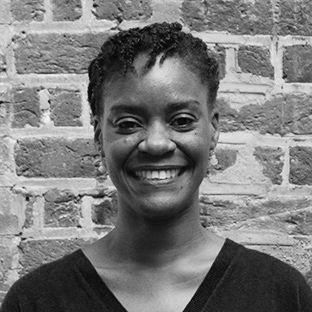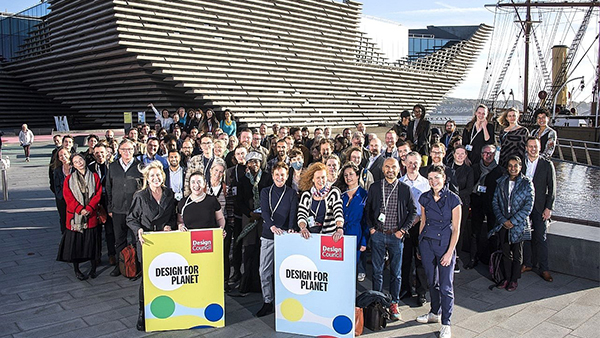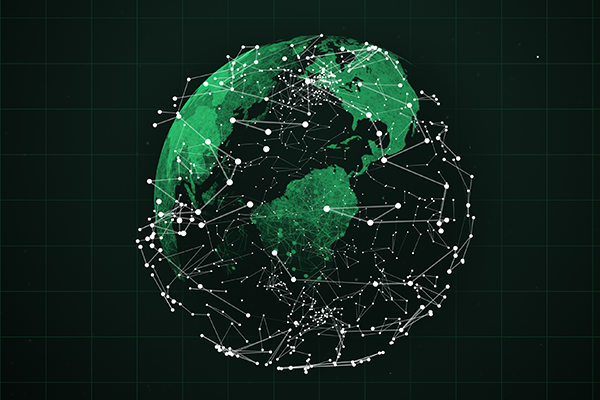Alongside the many potential consequences of Brexit, it is the challenge to identity, the reputational damage and the erosion of the UK’s soft power which strikes a chord.
Find out more about RSA Global
It has been more than a month since the tectonic plates of the international system moved and the world was plunged into shock. Yes, like a thief in the night the UK voted to leave the European Union. And the morning of Friday 24th June 2016 while former Prime Minister David Cameron gave a press conference I myself held one too.
An insider with an outsider’s viewpoint
With the world’s media fixed firmly on the happenings at No. 10 Downing Street, I fielded questions from my bedroom from my native Trinidad and from island people based around the world. I also held meetings with my Cabinet (friends and advisors) on what happened and how to plan the way ahead. That was a month ago. Since then the UK has a new Prime Minister, new Cabinet and it feels like we got back on our bike and things will move along, albeit with a haze of uncertainty clouding our way forward.
I occupy a strange place – an insider with an outsider’s viewpoint. I came to the UK as an immigrant. I am a Londoner. I am a British citizen. My native island is a product of globalization so the advanced economies of the world profited from the labour of my ancestors. Hence my delayed assessment of those seven days in June where the world turned upside down.
The funny thing about growing up in the islands is we learn quickly that when the advanced economies of the world sneeze, we will definitely catch cold. The vulnerable economies of small island states makes us doubly susceptible to any shocks in the international system. This time was much the same as any other.
Wide reaching ripples
The devaluation of the pound also resulted in the reduction in the value of remittances from the UK to developing countries. There is no doubt that it will also have a negative impact on the balance of payments of many developing countries dependent on the trade with the UK in commodity goods and services (e.g. tourism) in the medium to long term.
The IMF has also reduced its global growth outlook and warned against continued uncertainty as a result of Brexit. So while the haze settles on the UK – EU future, dark skies also hover over other countries as well. Across the Caribbean, there was muted shock and the feeling that was a continuation of a retreat that began in the 1950’s and 60’s. If anything, Brexit has heralded a renewed call to unshackle the last remnants of imperialism: to no longer look to the former Empire but to look to each other in a spirit of self-determination and self-reliance.
For the Caribbean Community (CARICOM), the prospect of widening regional integration has greater importance in the shadow of Brexit and increasing US interest in Cuba. Also, the Cotonou Agreement has been brought into sharp focus by the African, Caribbean and Pacific Group of States (ACP) as a result of the Brexit outcome. It is highly regarded as the most comprehensive trade agreement between developing countries and the European Union. More attention will also be paid to the Economic Partnership Agreements of the ACP – EU Framework and further underscore the need for south - south cooperation as well as triangular trade.
So where do they go from here? No doubt the distraction of Brexit will leave the UK government occupied for the foreseeable future, so yet again its former colonies will have to fend for themselves.
Reputational damage?
So much of the attention post Brexit was on the economic fallout: erratic global stock markets and the devaluation of the pound sterling that it missed the most significant part of the conversation. In my view, the damage to the UK’s soft power brand is more considerable. The UK previously had a seat at every table and was known in the corridors of power for its convening influence, consensus building and civic engagement, but is now renowned for a massive retreat from the neo- liberal world order, perceived isolationism and an insular view of itself on the world stage.
For global citizens, particularly for former colonies, they wonder to themselves - Is this the beginning of a new “Little England?” or the extension of a retreat that began in the 1960’s? What then will the role of the Commonwealth be?
Our identity crisis
Another critical by-product of the Brexit outcome is the unsettling feeling that has descended on me. What does it mean to be British or European? What does identity mean in the United Kingdom in the 21st century and more importantly where do I belong? This is the post - traumatic stress of the Brexit outcome.
Being a witness to the debate within the UK in the weeks preceding the vote that question descended into ugly and disgusting rhetoric and hijacked meaning of words like free, sovereign and independent. Those words are potent and heavy with history whether one stands at the door of no return off the coast of Senegal, on the beaches of Salvador, Bahia or at West India Quay in London.
So in sense we are back at the beginning – trying to answer questions that are difficult. Not in one’s bedroom or at No 10. but each day in our minds and hearts where there is no quick sound bite and no tweetable anecdotes.
The current global international system is a hyper accelerated version of globalization of the 15th century. The rapid pace of change at this juncture requires us all to demand detailed solutions to complex challenges because there is no binary answer to the way ahead.
There is no doubt that the gains of globalization have not been shared by all – both within countries and between territories so the stakes are high and the fate of generations are in the balance.
I am interested in hearing your thoughts on Brexit and the possible implications on your country. I am particularly interested in the views from Fellows living in the Global South. Email me your thoughts at adanna.shallowe@rsa.org.uk
Related articles
-
A design revolution for the climate emergency
Joanna Choukeir
Joanna Choukeir on Design for Planet, the global gathering of designers during COP26, and the changes design must make.
-
US elections: the whole world is watching
Adanna Shallowe
The Caribbean’s experience shows how American policy affects us all.
-
The broader purpose of the environmental movement
Hila Chenzbraun Philipa Duthie
How can environmental movements tackle the climate crisis and social and racial injustice?




Be the first to write a comment
Comments
Please login to post a comment or reply
Don't have an account? Click here to register.